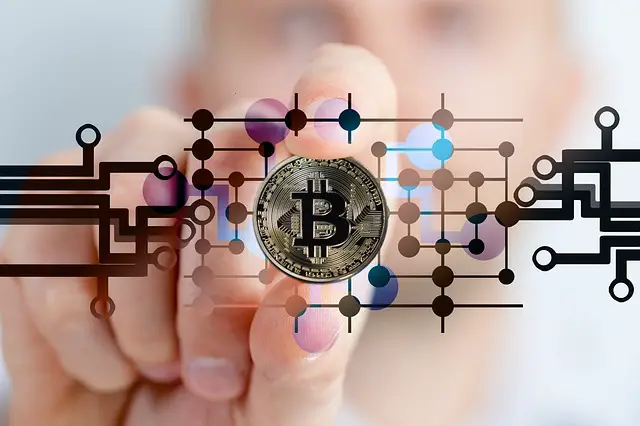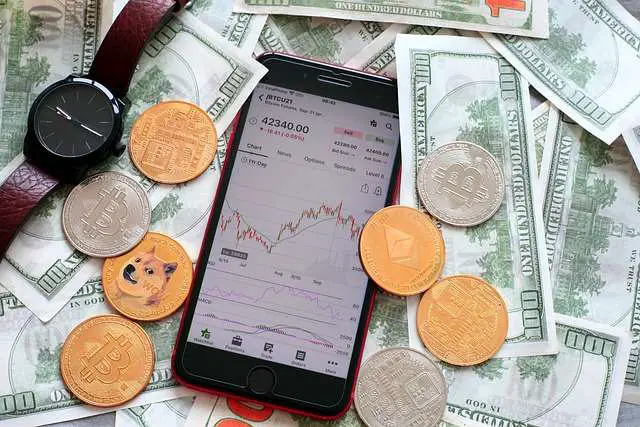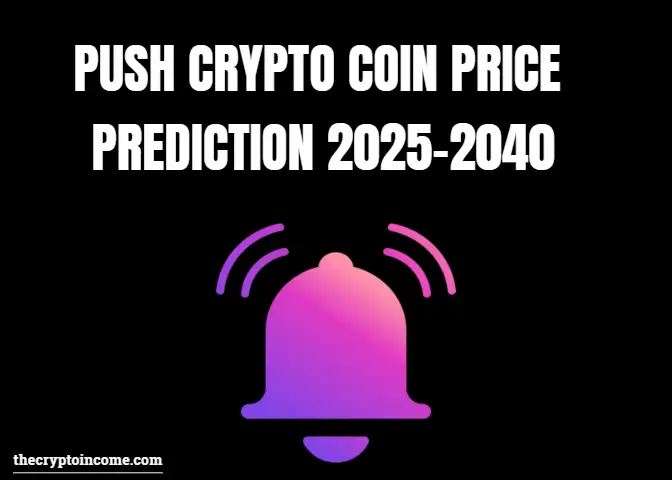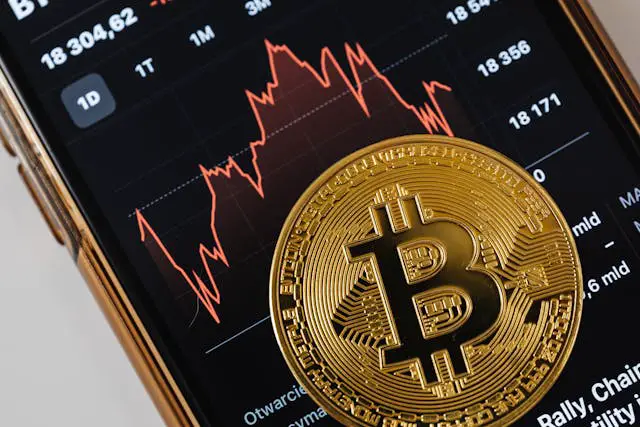What is Bitcoin- BTC is a decentralized digital currency that was invented in 2008 by an unknown person or group of people using the pseudonym Satoshi Nakamoto. It was released as open-source software in 2009. Bitcoin operates on a peer-to-peer network, meaning transactions occur directly between users without the need for an intermediary, such as a bank or government.
Bitcoin transactions are recorded on a public ledger called the blockchain. This ledger is maintained by a network of computers (often referred to as miners) that validate and record transactions by solving complex mathematical puzzles. This process is known as “mining,” and miners are rewarded with newly created bitcoins for their efforts.

What is bitcoin and how to mine bitcoin?
Here are the details of its key features:
Decentralization: Unlike traditional currencies controlled by governments, Bitcoin relies on a distributed network of computers, called miners, who verify and record transactions on a public ledger called the blockchain. This transparency and lack of a central authority are key aspects of its appeal.
Digital Currency: Bitcoin exists only in digital form and can be stored in digital wallets. It can be used for online payments, although its adoption by merchants is still growing.
Limited Supply: Unlike traditional currencies that can be printed infinitely, there will only ever be 21 million Bitcoins created. This capped supply contributes to its potential value as a store of value.
Mining: New Bitcoins are created through a process called mining, where miners solve complex mathematical puzzles to earn rewards. This process also helps secure the network and verify transactions.
Volatility: Bitcoin’s price is known for its dramatic swings, making it a risky investment. Its value is determined by supply and demand, similar to any asset.
Potential Benefits:
Fast and inexpensive: International payments can be faster and cheaper compared to traditional channels.
Borderless: Transactions can be made anywhere in the world without restrictions.
Transparency: All transactions are recorded on the public blockchain, ensuring transparency and immutability.
Potential Drawbacks:
Volatility: High price fluctuations make it a risky investment.
Limited adoption: Not widely accepted by merchants for everyday purchases.
Regulation: Subject to evolving regulations and potential restrictions.
Security concerns: Prone to hacks and thefts, requiring careful security measures.
Environmental impact: Mining process consumes significant energy, raising sustainability concerns.
Overall, Bitcoin represents a revolutionary approach to currency and finance, but it’s essential to understand both its potential benefits and drawbacks before considering any involvement.
How to mine bitcoin ?
Mining Bitcoin in 2024 is quite different from the early days, My suggestion is that you should not waste your time in Bitcoin mining because BTC has extreme difficulty in mining, you should only buy Bitcoin from any crypto exchanges like Binance or wazirx in India . Or you can search Google to find options according to your country. Here’s a breakdown:
Methods:
Solo Mining: Method of cryptocurrency mining where an individual miner attempts to mine cryptocurrency blocks independently without joining a mining pool. In solo mining, the miner operates their own mining hardware and software to solve cryptographic puzzles and validate transactions on the blockchain network. Using your own computer with a powerful graphics card (GPU) is no longer profitable for individual miners due to the high difficulty and competition.
Mining Pools: A mining pool is a collective group of miners who combine their computational resources to increase the likelihood of successfully mining cryptocurrency blocks and receiving rewards. Instead of mining individually, participants in a mining pool work together to solve cryptographic puzzles and validate transactions on a blockchain network. Joining a mining pool combines your processing power with others, increasing your chance of earning rewards. However, you share the rewards with the pool members. Popular options include Slushpool, F2Pool, and AntPool.
Cloud Mining: service that allows individuals to participate in cryptocurrency mining without the need to own or maintain their own mining hardware. Instead of purchasing and setting up physical mining equipment, users can lease hashing power from cloud mining companies. Renting computing power from cloud services seems attractive, but the profitability is often marginal, and scams are prevalent. Proceed with extreme caution.
ASIC miners: Bitcoin mining requires specialized hardware known as ASIC (Application-Specific Integrated Circuit) miners. These devices are specifically designed to perform the computations required for mining Bitcoin efficiently. ASIC miners are the most common and effective way to mine Bitcoin. These specialized machines are highly efficient but expensive, require technical expertise, and their profitability depends on electricity costs and Bitcoin price fluctuations.
Before you mine:
Calculate profitability: Use online calculators to estimate your potential earnings considering hardware costs, electricity consumption, and pool fees.
Research regulations: Mining regulations vary by country, so ensure compliance.
Understand security risks: Secure your wallets and mining software diligently to avoid hacks and thefts.
Consider environmental impact: Bitcoin mining consumes significant energy, raising sustainability concerns.
Remember:
1. Mining is competitive and not guaranteed to be profitable.
2. The high initial investment in hardware and potential electricity costs might outweigh any earnings.
3. Be wary of scams offering unrealistic returns or cloud mining services.
4. Do your thorough research and understand the risks involved before making any decisions.
Alternatives to consider:
Investing in Bitcoin directly: This avoids the complexities of mining and might be a better option for most individuals.
Earning Bitcoin through faucets or microtasks: These methods offer small amounts of Bitcoin but require significant time investment.
Ultimately, the decision to mine Bitcoin should be based on your financial situation, risk tolerance, and technical expertise. Weigh the potential rewards against the risks and investments involved before venturing into this complex and competitive space.
Bitcoin FAQ:
Q. Here are some common questions about Bitcoin along with brief answers:
General:
Q. What is Bitcoin?
Bitcoin is the first decentralized cryptocurrency, operating on a digital ledger called the blockchain without central authorities.
Q. Who created Bitcoin?
Satoshi Nakamoto, whose identity remains unknown, created Bitcoin in 2009.
Q. What is the purpose of Bitcoin?
Bitcoin can be used for online payments, as a store of value, or for investment purposes.
Q. Is Bitcoin legal?
The legality of Bitcoin varies by country. However, it is not illegal in most places.
Q. How do I buy Bitcoin?
You can buy Bitcoin on cryptocurrency exchanges or from individuals.
Q. How do I store Bitcoin?
You can store Bitcoin in digital wallets on your computer, phone, or a hardware wallet.
Q. How do I use Bitcoin for payments?
Some merchants accept Bitcoin payments, but its widespread adoption is still limited.
Q. How long do Bitcoin transactions take?
Transaction times can vary depending on network congestion and fees, but are generally faster than traditional international transfers.
Technical:
Q. What is the blockchain?
The blockchain is a public ledger that records all Bitcoin transactions, ensuring transparency and security.
Q. What is mining?
Mining is the process of verifying transactions and adding new blocks to the blockchain, rewarded with newly minted Bitcoins.
Q. What is a Bitcoin wallet?
A Bitcoin wallet stores your private keys, which are essential for accessing and spending your Bitcoin.
Q. Is Bitcoin anonymous?
While transactions are pseudonymous, it’s not truly anonymous due to the public nature of the blockchain.
Concerns:
Q. Is Bitcoin a bubble?
Bitcoin’s price is volatile, making it a risky investment.
Q. Is Bitcoin environmentally sustainable?
Mining consumes significant energy, raising sustainability concerns.
Q. Is Bitcoin safe?
Bitcoin wallets and exchanges can be vulnerable to hacks and thefts, requiring good security practices.
Q. How is Bitcoin regulated?
Bitcoin regulation is still evolving and varies by country.
Further Resources:
Bitcoin.org: https://bitcoin.org/
Bitcoin Wiki: https://en.bitcoin.it/wiki/Main_Page
CoinMarketCap: https://coinmarketcap.com/
Remember, this is just a starting point. It’s important to do your own research and understand the risks before making any decisions regarding Bitcoin.





